Barristers’ strike: who is ultimately to blame for court ‘chaos’?
Justice secretary has accused barristers of ‘holding justice to ransom’ with ‘indefinite’ walkout
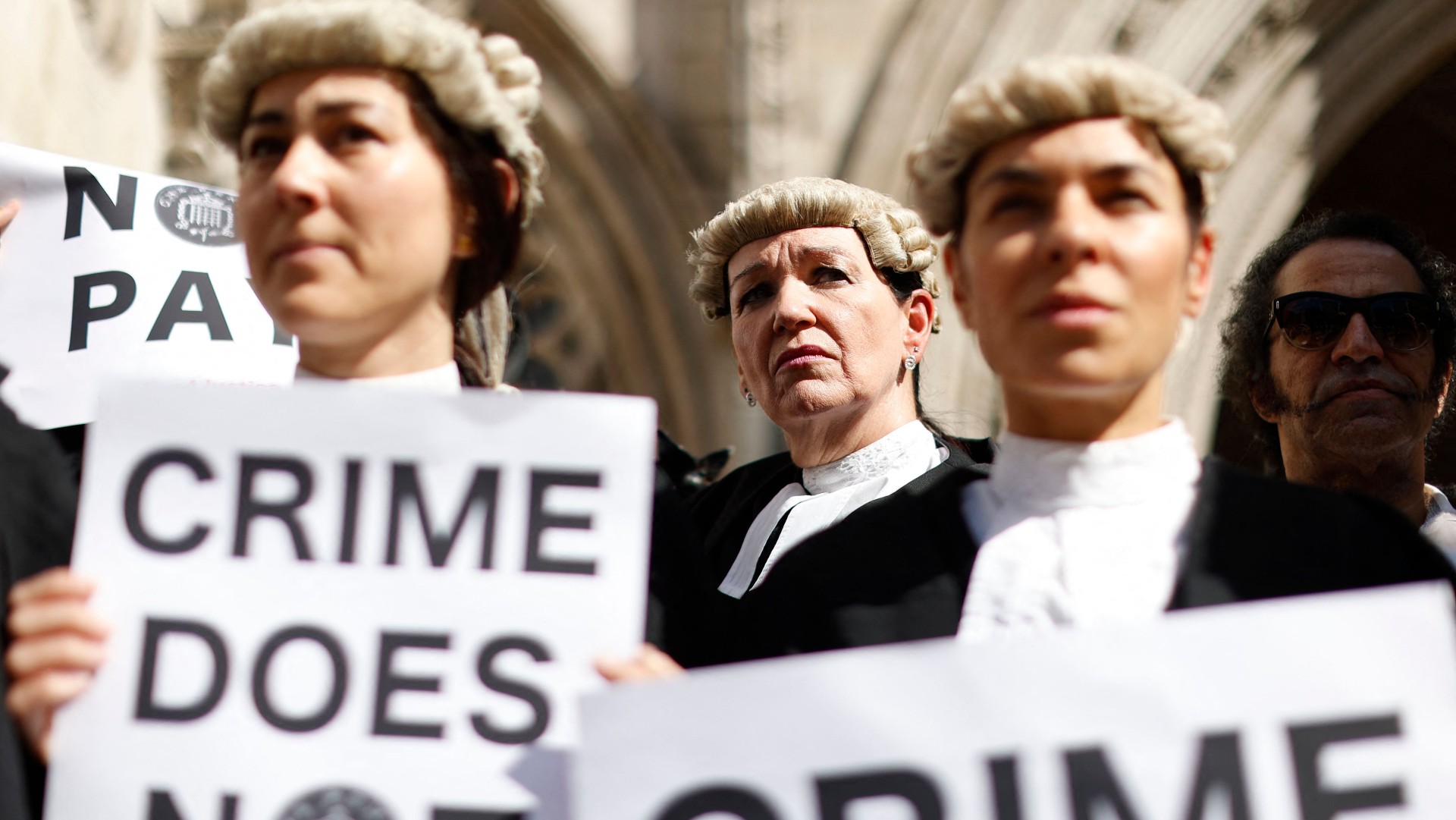
A free daily email with the biggest news stories of the day – and the best features from TheWeek.com
You are now subscribed
Your newsletter sign-up was successful
A continuous all-out strike by criminal barristers is set to bring the justice system grinding to a halt in England and Wales from this week.
Members of the Criminal Bar Association (CBA) have been walking out on alternate weeks since June and have voted to begin an uninterrupted strike from 5 September. The strike effectively begins today, however, because of the pattern of week-on, week-off industrial action.
Are the strikes justified?
Barristers working on criminal cases say they been hit by deep cuts to their incomes as a result of government changes to the legal aid system.
The Week
Escape your echo chamber. Get the facts behind the news, plus analysis from multiple perspectives.

Sign up for The Week's Free Newsletters
From our morning news briefing to a weekly Good News Newsletter, get the best of The Week delivered directly to your inbox.
From our morning news briefing to a weekly Good News Newsletter, get the best of The Week delivered directly to your inbox.
A growing number are quitting the sector, leading to “legal aid deserts”, said The Law Society. And many of those who remain say they can no longer survive on their current salaries.
Although private corporate lawyers are well paid, criminal barristers “are not paid as well as many people assume”, The Guardian said.
The median salary for a criminal barrister in 2019-20 was £79,800, according to an independent review conducted by Sir Christopher Bellamy QC. And barristers with two years of practice or fewer were paid a median of £25,100 before expenses and a net figure of £18,800 after expenses.
Newly qualified criminal barristers “can take home as little as £9,000 once costs, including transport, are factored in”. Some barristers say they are paid less than the minimum wage after all their time working on cases is taken into account.
A free daily email with the biggest news stories of the day – and the best features from TheWeek.com
What is the government offering?
A 15% rise in fees has been offered by the government. But the CBA said the increase, which was the minimum recommended by the criminal legal aid review, was not enough because it does not kick in immediately or apply to existing cases.
Barristers are asking for a 25% increase in the fees they are awarded when defendants cannot otherwise afford a lawyer.
The Ministry of Justice has previously said it had “repeatedly explained” to the CBA that backdating pay would require a “fundamental change” in how fees are paid, adding: “That reform would cost a disproportionate amount of taxpayers’ money and would take longer to implement, meaning barristers would have to wait longer for payment.”
Who is to blame for the strikes?
Labour leader Keir Starmer last week accused the government of doing “absolutely nothing” to resolve industrial disputes as it emerged that Justice Secretary Dominic Raab was on holiday when the CBA voted for its indefinite strike.
Raab is on leave with his family in Surrey until Thursday and has not met CBA representatives since members began their industrial action in April. Junior ministers have met the group regularly, however.
For his part, Raab has accused barristers of “holding justice to ransom”. In an article in the Daily Mail earlier this month, he wrote: “My message to the CBA is simple. We are increasing your pay. Now your actions are only harming victims, increasing the court backlog, and hampering our efforts to make our streets safer. The criminal justice system deserves better.”
But the Victims’ Commissioner for London, Claire Waxman, has blamed Raab’s “inaction” for the ongoing dispute and tweeted “the only ones responsible for holding ‘justice to ransom’ are those who have failed to fund a functioning justice system”.
Waxman added that justice will “grind to a complete standstill” as a result of the strike, with many thousands of victims affected.
What could the long-term impact be?
In an article for The Independent, Jayne Butler, chief executive of Rape Crisis England and Wales, said that despite the fallout, she was sympathetic to the barristers’ demands.
“Many barristers have expressed to me how heavily the impact weighs on them in taking their strike action,” Butler wrote. “But the responsibility for this disaster of justice does not lie with them. They are boldly taking a stand to push for change and to ensure that the victims (and defendants) of the future have a justice system that is functioning and intact and effective.”
Butler’s comments followed a report in The Telegraph that a domestic abuser was spared jail after he claimed he could not find a lawyer to defend him as a result of the strike.
George Waight, who was found guilty at Cheltenham magistrates’ court in July of assaulting his partner and causing actual bodily harm, was given “an alternative sentence” by the judge: a three-year community order, which included 250 hours of unpaid work.
An article in the same paper today described the walkouts as “a blow to victims and defendants desperate to see justice”, but added that thousands of barristers “believe that the future of Britain’s justice system depends on it”.
Arion McNicoll is a freelance writer at The Week Digital and was previously the UK website’s editor. He has also held senior editorial roles at CNN, The Times and The Sunday Times. Along with his writing work, he co-hosts “Today in History with The Retrospectors”, Rethink Audio’s flagship daily podcast, and is a regular panellist (and occasional stand-in host) on “The Week Unwrapped”. He is also a judge for The Publisher Podcast Awards.
-
 How the FCC’s ‘equal time’ rule works
How the FCC’s ‘equal time’ rule worksIn the Spotlight The law is at the heart of the Colbert-CBS conflict
-
 What is the endgame in the DHS shutdown?
What is the endgame in the DHS shutdown?Today’s Big Question Democrats want to rein in ICE’s immigration crackdown
-
 ‘Poor time management isn’t just an inconvenience’
‘Poor time management isn’t just an inconvenience’Instant Opinion Opinion, comment and editorials of the day
-
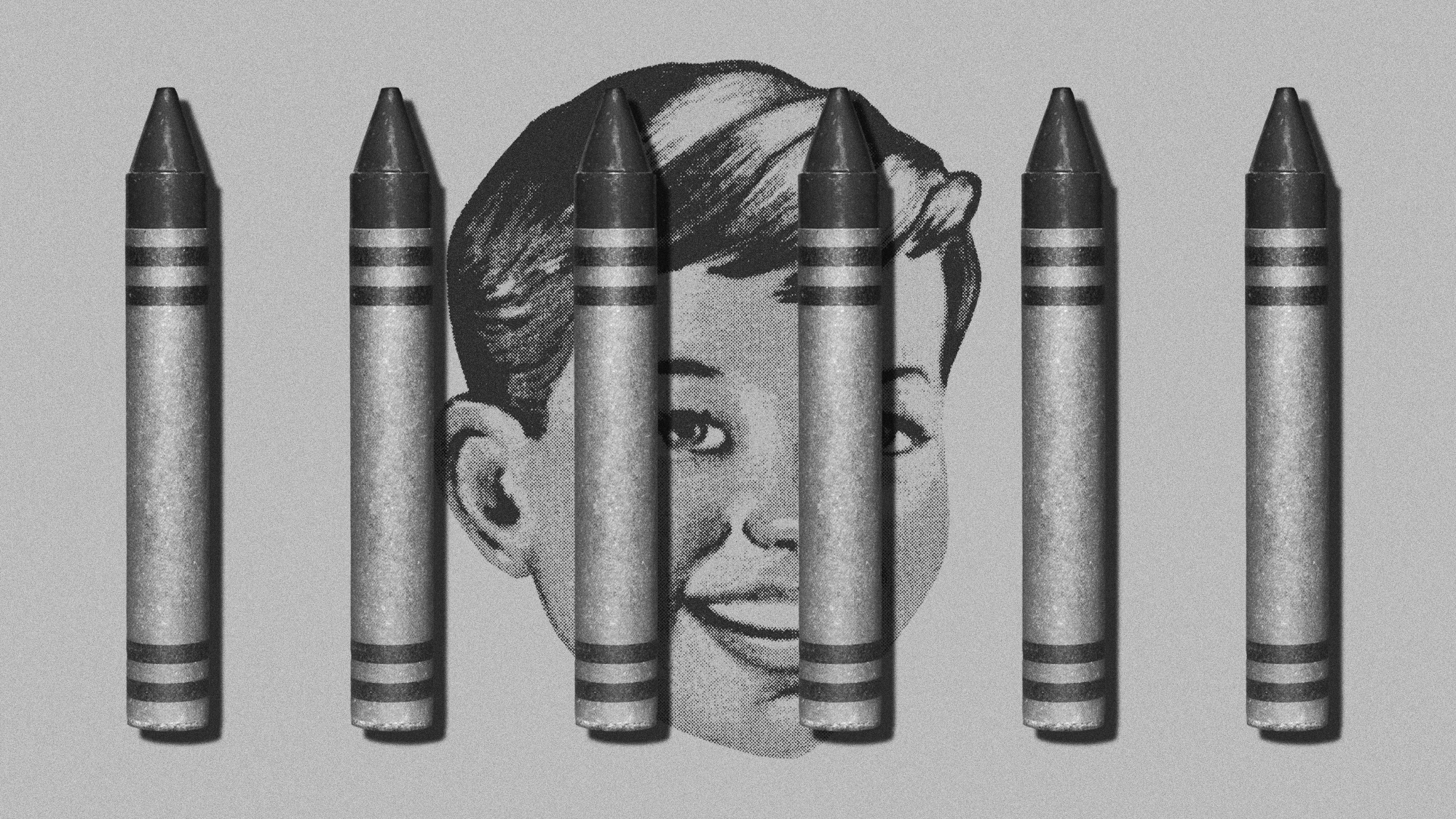 The age of criminal responsibility
The age of criminal responsibilityThe Explainer England and Wales ‘substantially out of kilter with the rest of the world’, says filmmaker whose drama tops Netflix charts
-
 Should Britain withdraw from the European Convention on Human Rights?
Should Britain withdraw from the European Convention on Human Rights?Talking Point With calls now coming from Labour grandees as well as Nigel Farage and the Tories, departure from the ECHR 'is starting to feel inevitable'
-
 Captain Tom: a tarnished legacy
Captain Tom: a tarnished legacyTalking Point Misuse of foundation funds threatens to make the Moore family a disgrace
-
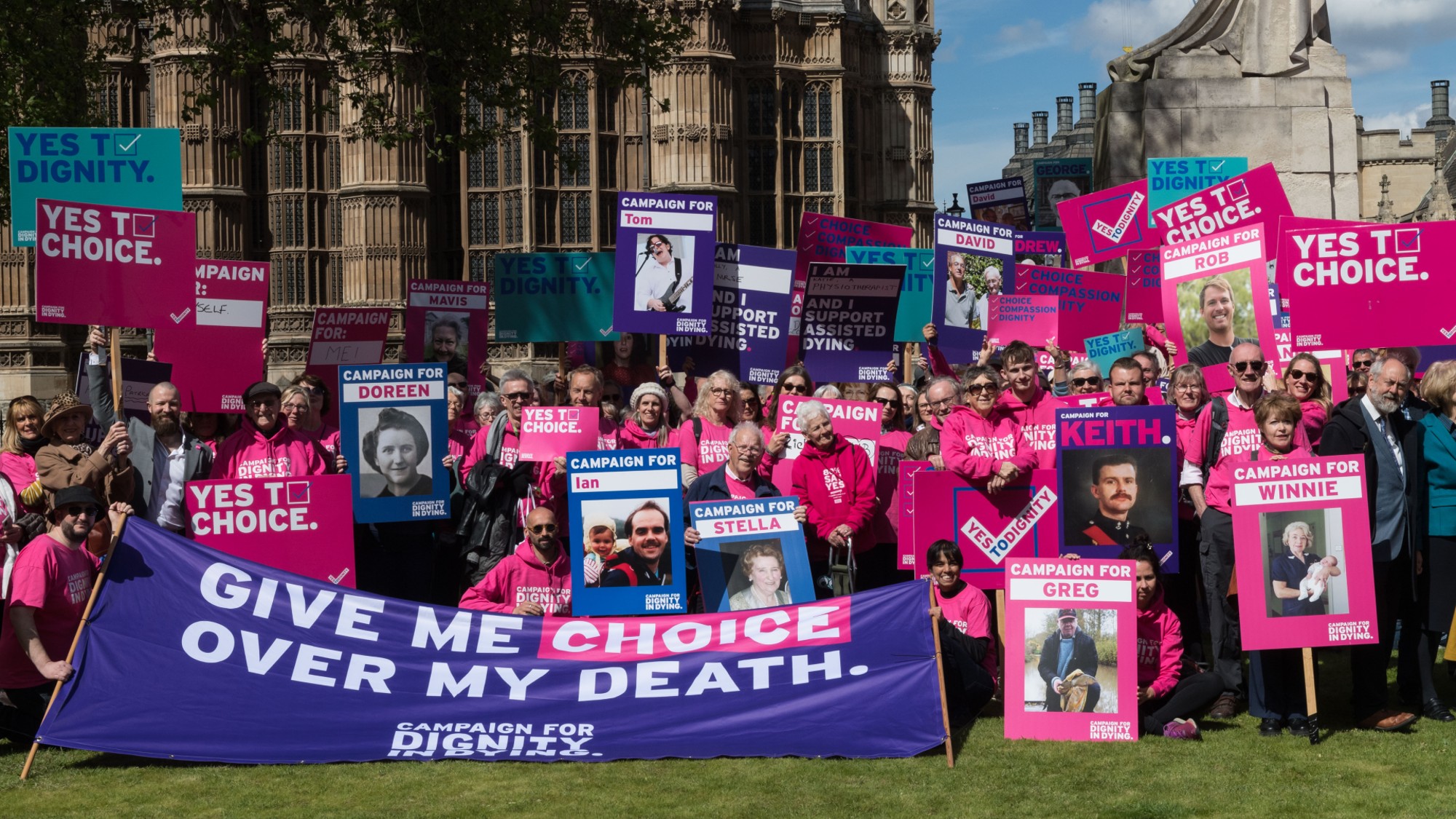 Assisted dying: will the law change?
Assisted dying: will the law change?Talking Point Historic legislation likely to pass but critics warn it must include safeguards against abuse
-
 Smoking ban: the return of the nanny state?
Smoking ban: the return of the nanny state?Talking Point Starmer's plan to revive Sunak-era war on tobacco has struck an unsettling chord even with some non-smokers
-
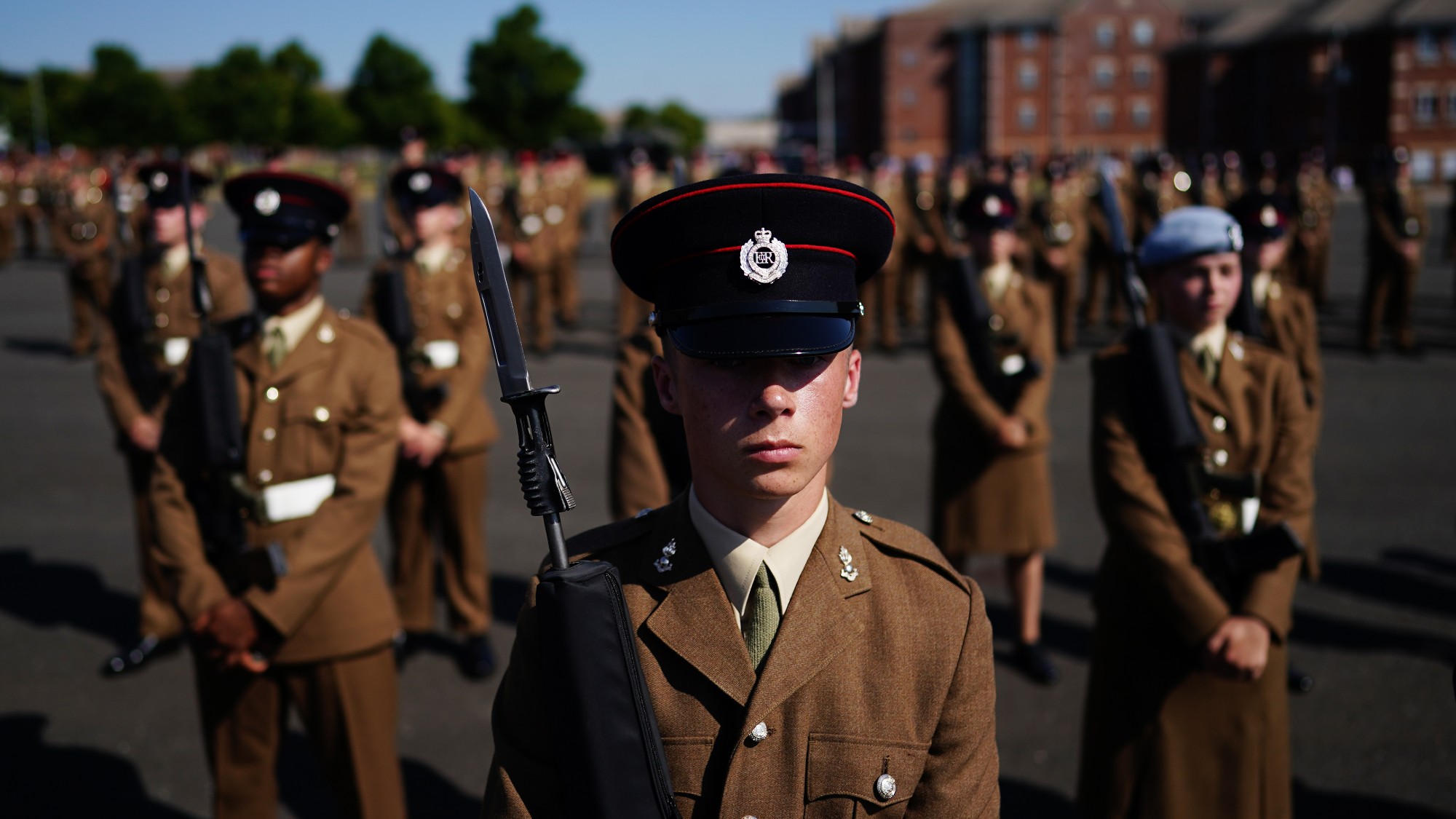 When does adulthood begin?
When does adulthood begin?Talking Point From 16-year-old voters to lifetime bans on smoking, young people are living through a transition in views on political, social and emotional maturity
-
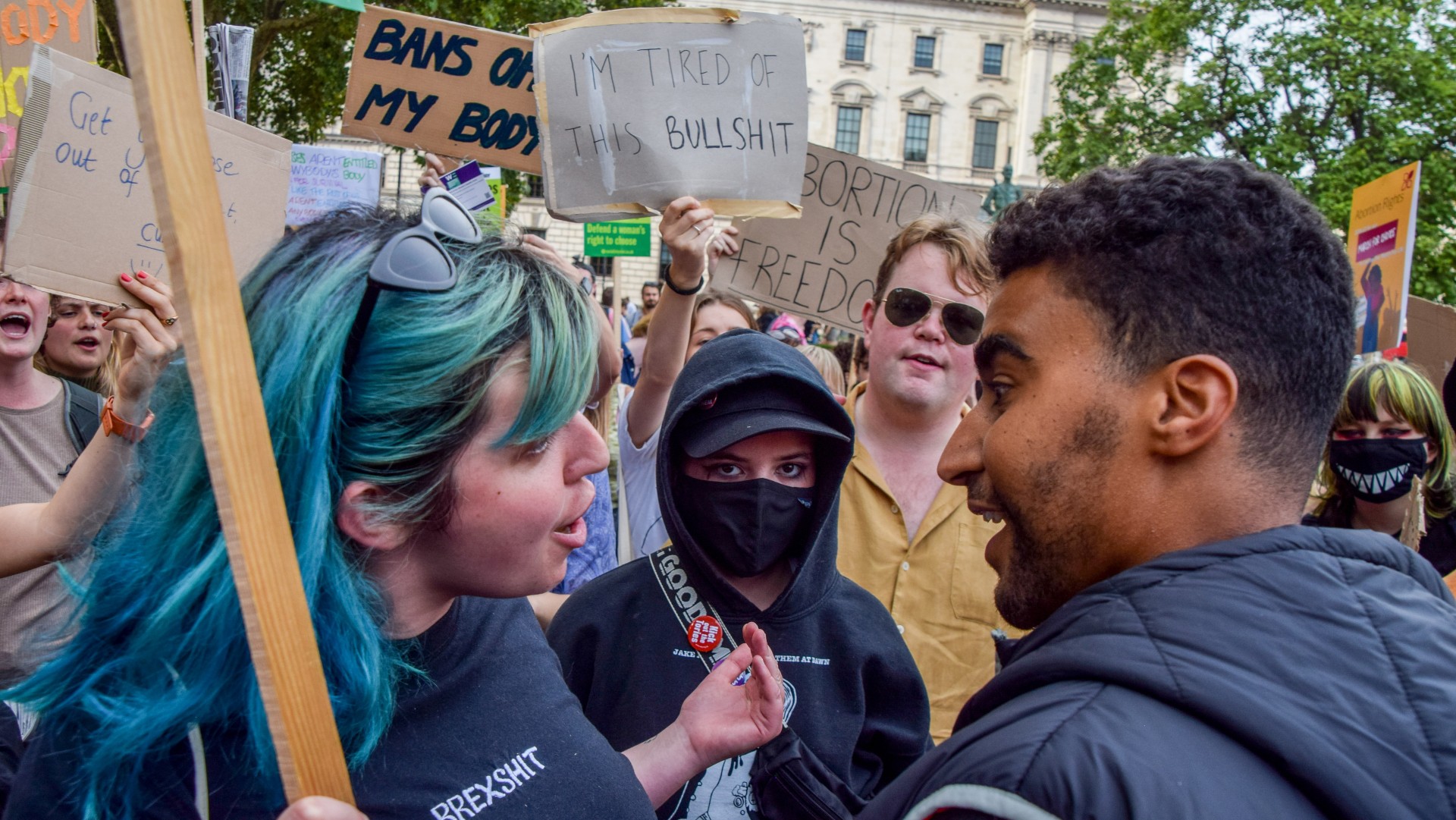 Abortion law reform: a question of safety?
Abortion law reform: a question of safety?Talking Point Jailing of woman who took abortion pills after legal limit leads to calls to scrap ‘archaic’ 1861 legislation
-
 Andy Warhol, Prince and a question of copyright
Andy Warhol, Prince and a question of copyrightTalking Point Supreme Court ruling that sent shockwaves through art world could have huge implications for AI image generation